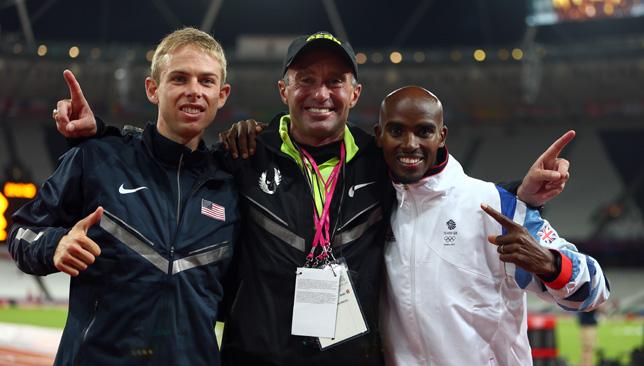
American track coach Alberto Salazar declared on Tuesday that people accusing him of contravening doping rules are "knowingly making false statements", adding that he denies "all allegations of doping".
A BBC/ProPublica documentary broadcast last week alleged that Salazar, who coaches British distance great Mo Farah, gave American runner Galen Rupp the banned anabolic steroid testosterone when Rupp was a teenager.
There is no suggestion that double world and Olympic champion Farah — who trains with Rupp — has broken doping rules, but he withdrew from Sunday's Birmingham Diamond League meeting, saying he felt "drained" by the affair.
"I have said all along that I believe in a clean sport, hard work and I deny all allegations of doping," Salazar, who runs Nike's Oregon Project training camp, said in a statement sent to The Guardian.
"The BBC and ProPublica have engaged in inaccurate and unfounded journalism, with a complete lack of regard for both Galen and Mo.
"Given the time and effort the BBC and ProPublica committed to making these false allegations, I hope that media and fans will afford me a short time to show the accusers are knowingly making false statements.
"I will document and present the facts as quickly as I can so that Galen and Mo can focus on doing what they love and have worked so hard to achieve."
The documentary also alleged that Salazar encouraged Rupp — who finished second to Farah in the 10,000 metres at the 2012 London Olympics — to exploit rules regarding the use of intravenous drips.
The World Anti-doping Agency (WADA) said that the United States Anti-doping Authority (USADA) and world governing body the International Association of Athletics Federations (IAAF) would have to look into the claims.